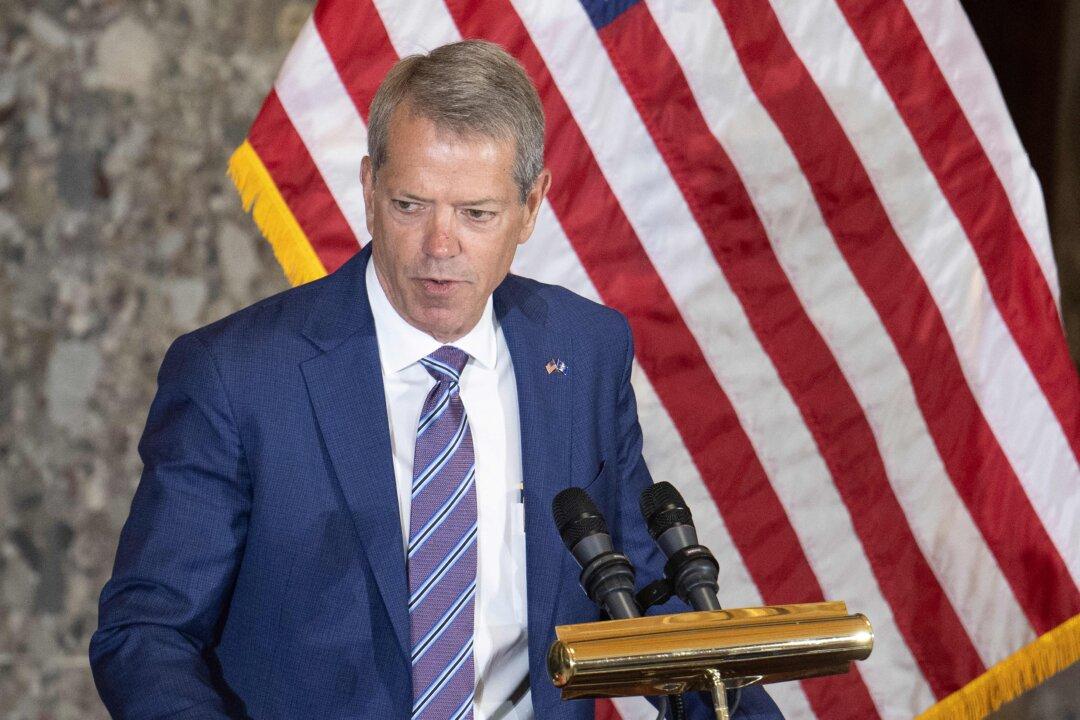Nebraska Gov. Jim Pillen announced on July 31 that more than 60 Nebraska Army National Guard soldiers will be deployed to the U.S.–Mexico border in Texas to support Operation Lone Star.
Mr. Pillen said in a press release that the troops will assist with securing the state’s border with Mexico for around four weeks, departing Nebraska on Aug. 2 and returning home in early September.





